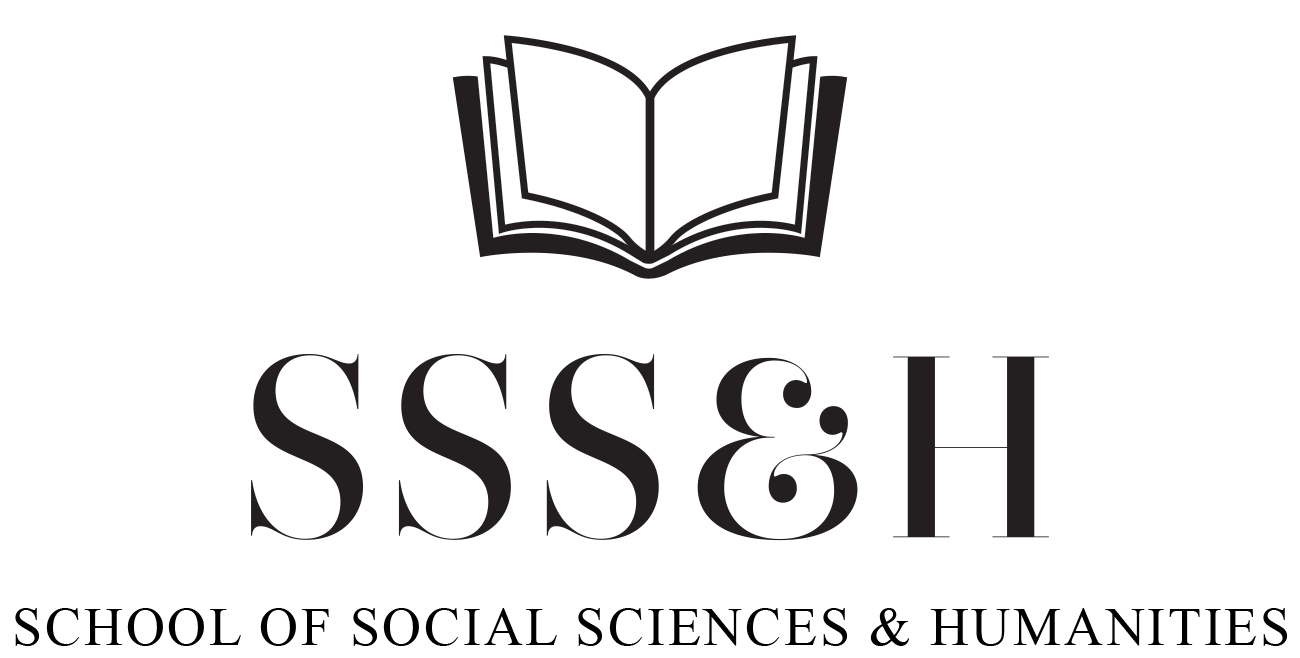



Author : Satantika Biswas
Category :
Tags :
By: Satantika Biswas, MPLS (Second Year)., Roll No.: 0111
“… developments that will prompt mass migrations and, in turn, incite group conflicts – will be the core foreign policy challenge from which most others will ultimately emanate, arousing the public…” – “The Coming Anarchy” (1994). (Kaplan, 1998).
Robert D. Kaplan, in the above-quoted excerpt, underlined the era of the post-Cold War politics and society to be marked by ‘threats’ from displacement and migration, among others leading the “Last Map” of the world to be an “ever-mutating representation of chaos” (Kaplan, 1998). With the gradual development of the traditional security framework these threats from the non-state actors adversely affecting the well-being of societies and States, broadly came to be clubbed under the domain of ‘Non-Traditional Security Threats’ (NTS) (Cook, 2017). Refugees, under this frame thus gradually came to be branded as a security threat. The course of this essay aims to highlight the recent trends in international politics vis-à-vis refugee issues and attempts to delineate a shift in the attitude towards the same. It argues that refugee issues have been securitised by States and traces the course of this process concluding with an attempt to trace the impact of the same on politics and society.[1]